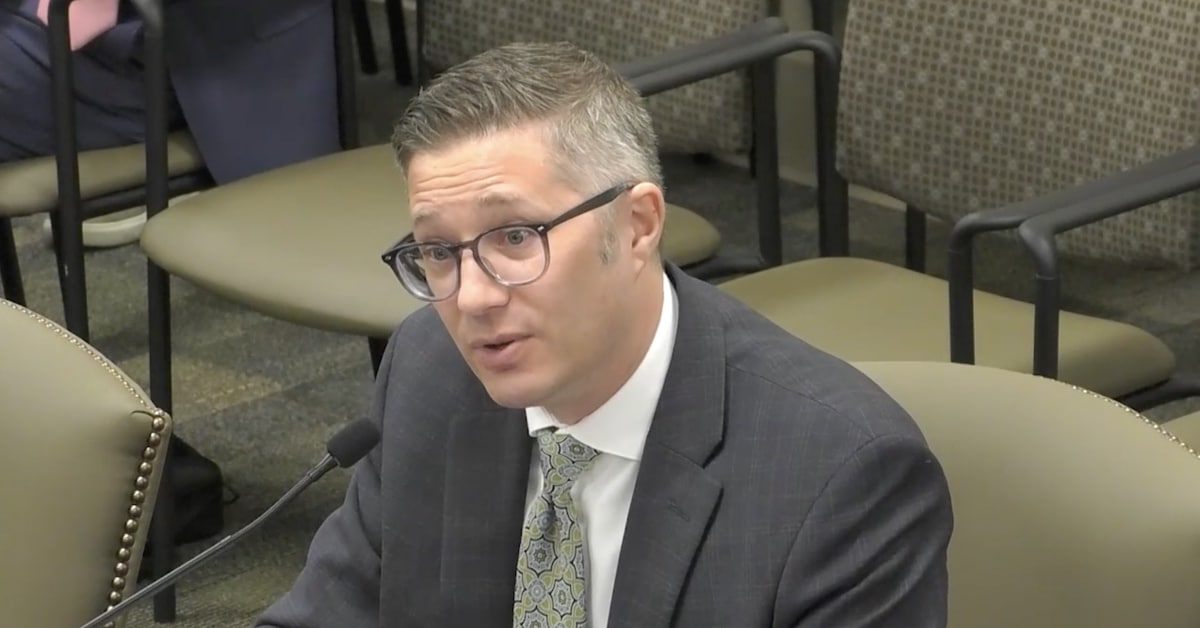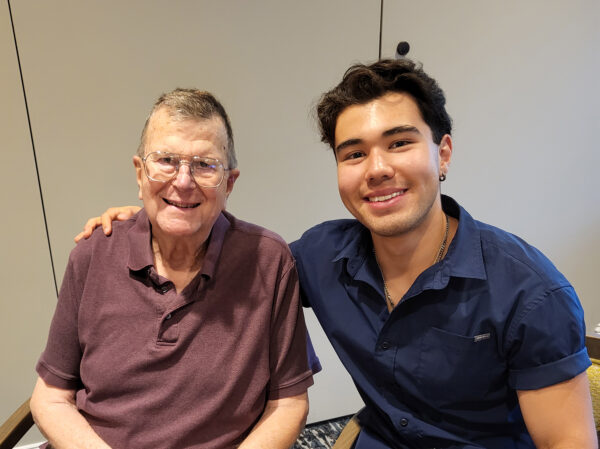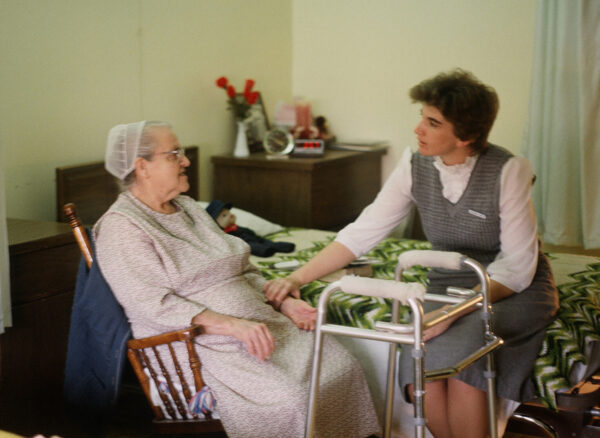The Medicaid crisis in Pennsylvania has taken a toll on the business of senior care in the Commonwealth
It may sound crazy, but the single largest senior care customer for Pleasant View Communities is the Commonwealth of Pennsylvania’s Medical Assistance Program (also known as Medicaid).
And Medicaid isn’t paying its bills.
Medicaid is the entity that pays for health care services for eligible seniors, including long-term care services. Senior care facilities, like those at Pleasant View, provide the same quality of care to residents who rely on Medicaid as they do for those who pay privately. And yet, those same senior living facilities only receive reimbursement from Medicaid for a fraction of the costs of the care services they provide.
So, what happens when your biggest customer only pays a portion of its bills?
You don’t stay in business for very long.
Sadly, the current Medicaid system isn’t just broken; it’s placing the biggest burdens on the organizations and healthcare professionals who seniors rely upon the most.
To better understand the challenges facing senior care communities and what can be done to solve the Medicaid crisis in Pennsylvania, we sat down with Jonathan Hollinger, Pleasant View Communities’ President and CEO, to learn more.
Jonathan Hollinger, President & CEO of Pleasant View Communities, speaks at a press conference on the Medicaid crisis in Harrisburg on March 1, 2022
Medicaid Q&A with Pleasant View CEO, Jonathan Hollinger
Pleasant View (PV): Help us understand the scope of Pennsylvania’s Medicaid crisis. How was this crisis created?
Jonathan Hollinger (JH): Historically, the Medicaid cost-reimbursement method for senior living facilities was based on allowable costs. More than 15 years ago, the model changed to include an annual budget adjustment factor or BAF. This essentially kept the Medicaid rates flat for more than a decade. In the last 15 years, the state has only raised the daily reimbursement allowance by $11–or 6%.
PV: 6% isn’t much of an increase. How does the reimbursement rate compare to actual costs today?
JH: Right now, the Medicaid reimbursement rate is $189 a day. In 2021 our actual care costs per day were$412. The State’s reimbursement rate does not even cover 50% of the costs, which leaves us to make up the deficit. Pleasant View has provided nearly $30 million in unfunded care costs in the past ten years because of the insufficient Medicaid rate.
PV: How are you able to do that? Where do those dollars come from?
JH: Over time, it’s become a thousand small things. Like so many senior living facilities, we’ve had to increase our rates for private pay residents, which just pushes them into the Medicaid system faster. We’ve also repurposed funds from building improvements, repaving upgrades, and technology advancements to offset the costs of care.
Due to staffing shortages and resource limitations, we’ve already closed two nursing wings. It’s a trend I see across the county and the state. We’ve had to maintain nursing and care wages at modest levels, but we know that’s no longer an option. So, we’re really at a challenging crossroads as an industry.
PV: What impact is this having on front-line staff and the ones who provide daily care to residents?
JH: Whenever I ask one of our skilled nursing team members what they need, the answer is always the same: “more help.” It’s heartbreaking to hear. I know there aren’t enough resources for our CNA team right now, but with the restraints the current Medicaid reimbursement system places on our ability to fully fund senior care, there’s little I can do to help.
Across the 17 nonprofit senior care facilities in Lancaster County, each facility has an average of 30 full-time equivalent openings for staff positions. Of those, over half are for caregivers. Unfortunately, the reality is that we’re struggling to match pay scales offered by hospital systems and non-healthcare jobs because of budget shortages caused by the underfunded Medicaid reimbursements.
PV: What impact is this having on residents in care facilities and seniors in Pennsylvania?
JH: The impact of prolonged and insufficient reimbursement by the state Medicare system is already visible. We’ve seen the closure of acute care beds in Lancaster County, reducing the capacity to care for aging Pennsylvanians. And I believe it will get worse if resources don’t become available. The cost of care for private payers will rise, challenging overtaxed hospital systems and putting long-term care out of reach for some.
PV: What can be done to help? Is there a solution?
JH: The biggest help would be to increase Medicaid funding opportunities for senior living organizations to help pay for staffing and operational costs. The industry can’t operate at a deficit forever. Fully funding Medicaid reimbursement is essential to continuing to provide high-quality care for seniors in Pennsylvania.
There’s also talk of increasing the mandatory hours per patient day from 2.7 hours to 4.1––which will be impossible with current conditions. Instead, I urge the Pennsylvania legislature to consider weighted hours for nurses while also including other patient care roles into those hours, such as rec therapy, dining, and chaplaincy.
Like other industries, we are challenged by supply chain and workforce shortages leading to inflated costs of goods. But unlike most other industries, we’re unable to pass these costs along to our largest customer, the state Medicaid program. I urge our leaders in Harrisburg to consider new funding options to ensure Pennsylvania seniors have access to reliable, quality care.
PV: What Can Seniors and Families Across PA Do to Help Increase Medicaid Funding?
JH: Pennsylvania’s underfunded Medicaid reimbursement program is an issue that impacts all of us; seniors who need care now, their families, and all of us who rely on access to affordable healthcare now or will in the future.
—
We encourage everyone to contact your state lawmakers and share your concerns about the current Medicaid crisis in PA. Together we can work to increase Medicaid funding and support organizations and healthcare workers across the state working to keep seniors healthy.




